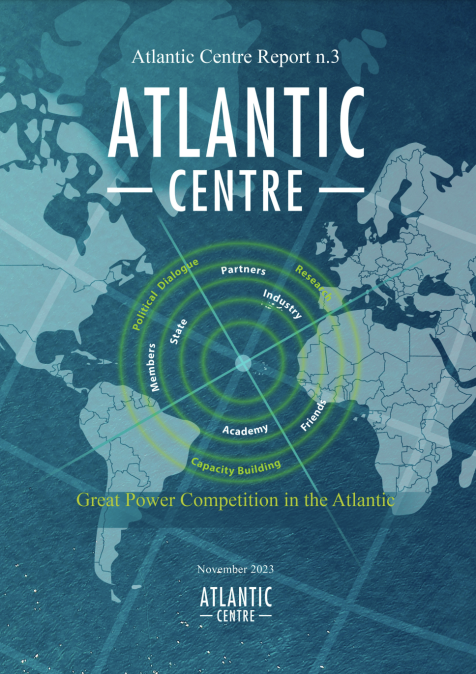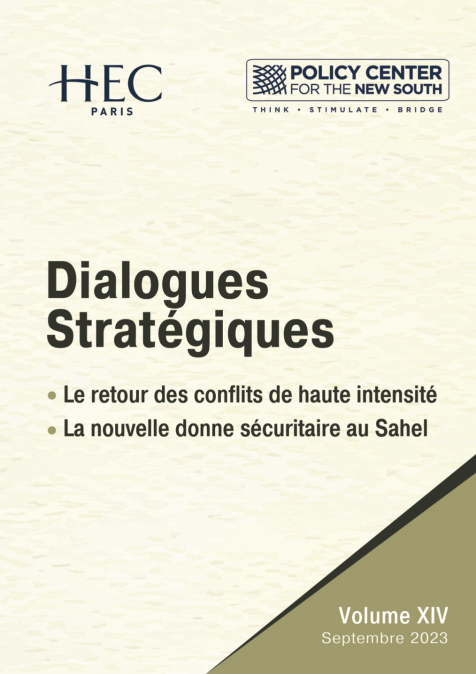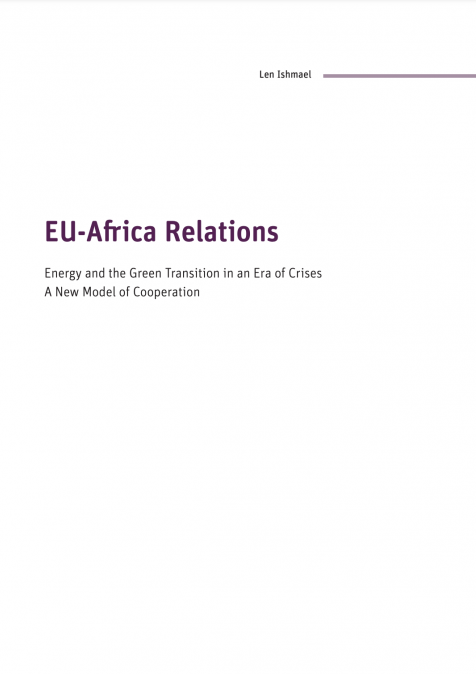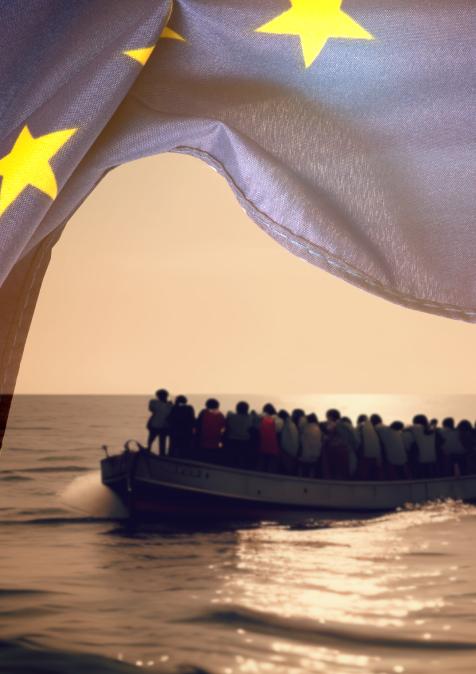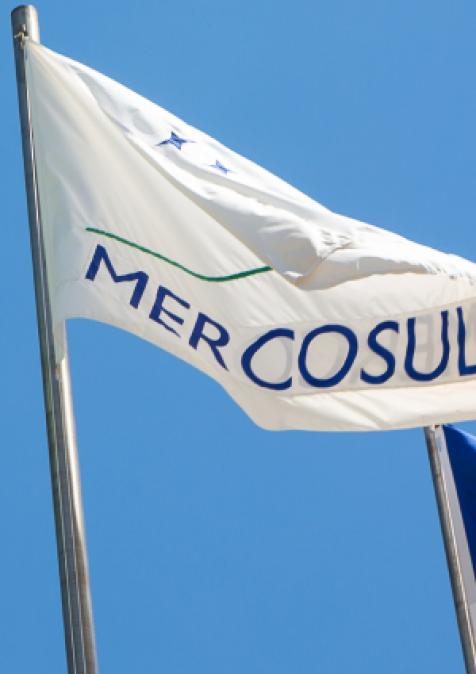The headline itself was not surprising: ”Egyptians face peril at sea in dangerous new Exodus to Europe”. The path, from hidden Egyptian ports to a neighboring Libyan landing spot and then to the Italian coast, has been tempting thousand Egyptians years ago, but recently, and apparently ever since, reported Ruth Michaelson in the British “Guardian” (December 18, 2022), the escape route has been “resurrected”, more than 20,000 Egyptians arrived last year in Italy via Libya, about thr ...
